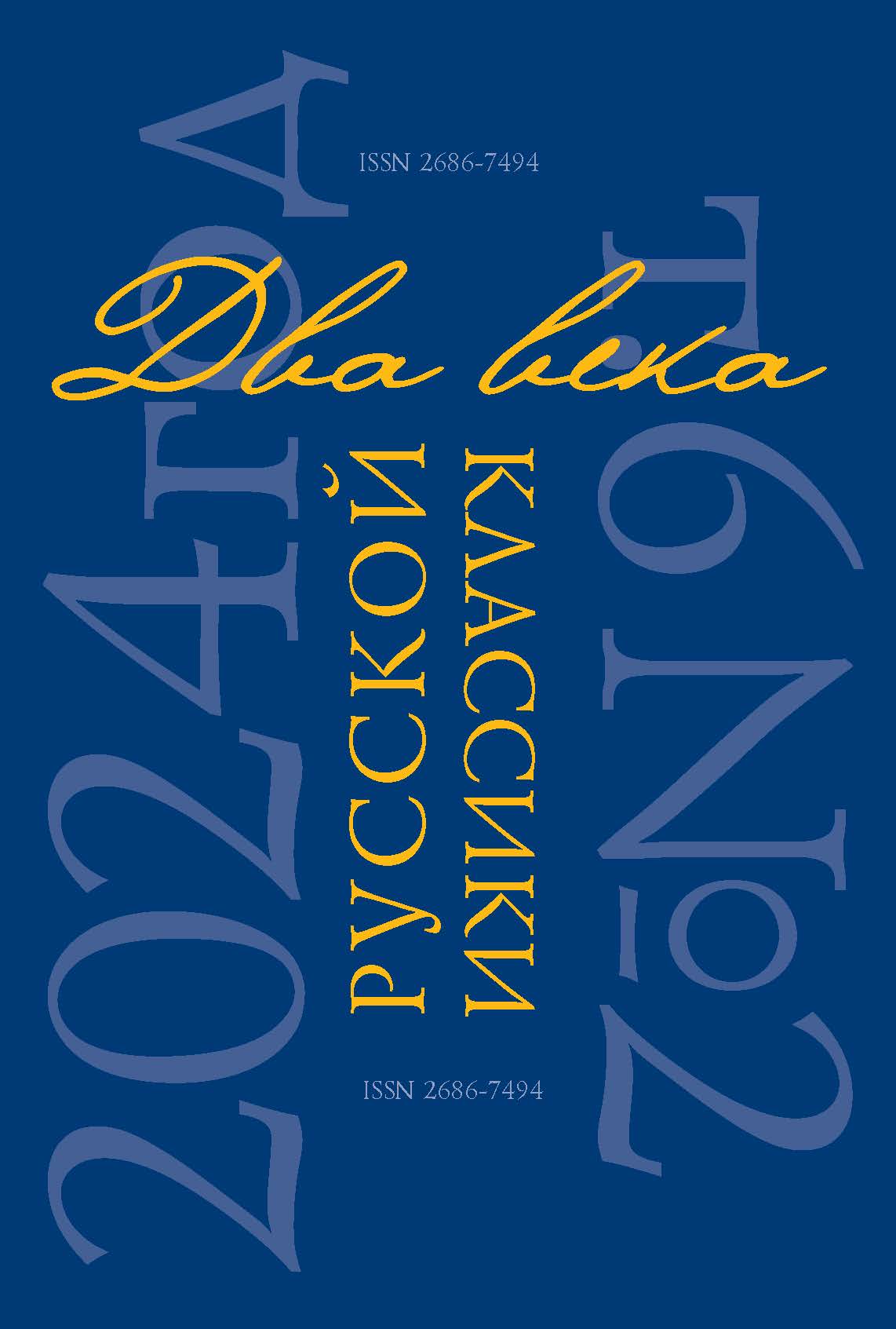Abstract: It is now accepted to consider that the phrase “to build bridges” found in “The Tale of Igor’s Campaign” means to make a corduroy or a brushwood road, i.e. to make a road of brushwood across marshy ground, throwing precious fabrics and all sorts of other rich trophies into the marsh. The author of the article, rejecting this interpretation, which is incorrect in the author’s view, concludes that in this case, it is a matter of making a pagan sacrifice by Igor’s armed retinue, which is typical of those with a double faith, but, judging by the text, Igor Svyatoslavich, Prince of Novgorod-Seversky, the main protagonist of “The Tale of Igor’s Campaign”, belonged to such people as well. An issue, unexplained in the scientific literature about “The Tale of Igor’s Campaign”, on how exactly Igor, who had been captured, was shown the way to the Homeland by God, is considered in the article. Analysing certain fragments of the literary monument of Old Rus’, the author of the article concludes that in it, there is another sign that forms a composite concurrency with the first presage of God which the Prince was given before his reckless march against the Polovtsians.
References
Gal'kovskii K. M. Bor'ba khristianstva s ostatkami iazychestva v Drevnei Rusi. T. 1, 2. [The struggle of Christianity with the remnants of paganism in ancient Russia. Vol. 1, 2]. Moscow, Indrik Publ, 2000. (In Russ.)
Dal' V. I. Tolkovyi slovar' zhivogo velikorusskogo iazyka: v 4 t. [Explanatory Dictionary of the Living Great Russian Language: in 4 vols.] St. Petersburg, Diamant Publ, 1996. (In Russ.)
Likhachev D. S. Vstupitel'naia stat'ia, redaktsiia teksta, doslovnyi i poiasnitel'nyi perevod s drevnerusskogo, primechaniia [Introductory article, edition of the text, literal and explanatory translation from Old Russian, notes] Slovo o polku Igoreve [The Word of Igor's Regiment]. Moscow, Detskaia literature Publ, 1970, 223 p. (In Russ.)
Makarii, mitropolit Moskovskii i Kolomenskii. Istoriia Russkoi Tserkvi. Kniga vtoraia [History of the Russian Church. Book Two]. Moscow, Izdatel'stvo Spaso-Preobrazhenskogo Valaamskogo monastyria Publ, 1995. 703 p. (In Russ.)
Slavianskie drevnosti: Etnolingvisticheskii slovar': v 5 t., pod obshchei redaktsiei N. I. Tolstogo [Slavic antiquities: Ethnolinguistic dictionary: in 5 vols, edited by N. I. Tolstoy]. Moscow, Mezhdunarodnye otnosheniia Publ, 1995–2012. (In Russ.)
Slovar'-spravochnik “Slova o polku Igoreve” [Dictionary-reference “The Word of Igor's Regiment”], ed. by B. L. Bogorodskiy, D. S. Likhachev, O. V. Tvorogov. Vyp. 6. Leningrad: Nauka Publ, 1984. 278 p. (In Russ.)
Slovo o polku Igoreve [The Word of Igor's Regiment], text preparation, article, translation, comments by Kozhevnikov V. A. Moscow, Drevlekhranilishche Publ, 2003. 220 p. (In Russ.)
Sreznevskii I. I. Materialy dlia Slovaria drevnerusskogo iazyka po pis'mennym pamiatnikam: v 3 t. [Materials for the Dictionary of the Old Russian language on written monuments: in 3 vols.]. Moscow, Znak Publ, 2003. 1861 col. (In Russ.)
Entsiklopediia “Slova o polku Igoreve”: v 5 t. [Encyclopedia The Word of Igor's Regiment in 5 vols.]. St. Petersburg, Dmitrii Bulanin Publ, 1995. (In Russ.)









